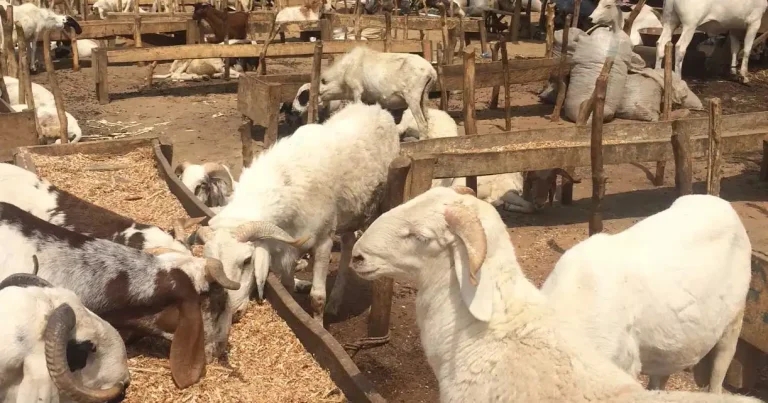26 Aug 2025
The candidate vaccine’s creators have described it as ‘a vital tool to protect livestock, safeguard livelihoods, and reduce public health risks’.

A new veterinary vaccine hub is partnering with a livestock health charity to develop and distribute a more effective vaccine for Rift Valley fever (RVF).
The Pirbright Institute’s Centre for Veterinary Vaccine Innovation and Manufacturing (CVIM) and the Global Alliance for Livestock Veterinary Medicines (GALVmed) have joined forces to combat the zoonotic disease endemic across much of Africa and the Arabian Peninsula.
The pair aim to deliver a replication-incompetent viral-vectored vaccine which is said to address a significant limitation of existing licensed RVF vaccines, as it has been demonstrated to be safe for use in pregnant animals.The mosquito-borne disease, which primarily affects sheep, goats and cattle but can also infect humans, is characterised by high mortality rates and abortion within livestock.
The CVIM will develop the candidate vaccine while GALVmed will work alongside a local manufacturing partner to transfer the vaccine technology, conduct lab and field safety and efficacy testing and secure market authorisation.
Pirbright director Bryan Charleston said the partnership “will transition a very promising vaccine candidate from the laboratory to commercial production”, and the vaccine will be “safe and effective”.
GALVmed R&D director Steve Wilson added: “RVF continues to be a major issue for smallholder farmers, and despite products being available they do have constraints in terms of safety and efficacy.
“The collaboration with CVIM, and appropriate industrial partners, will enable a new technology solution for the control of RVF to be introduced in Africa providing cross-species efficacy and improved safety for livestock.”